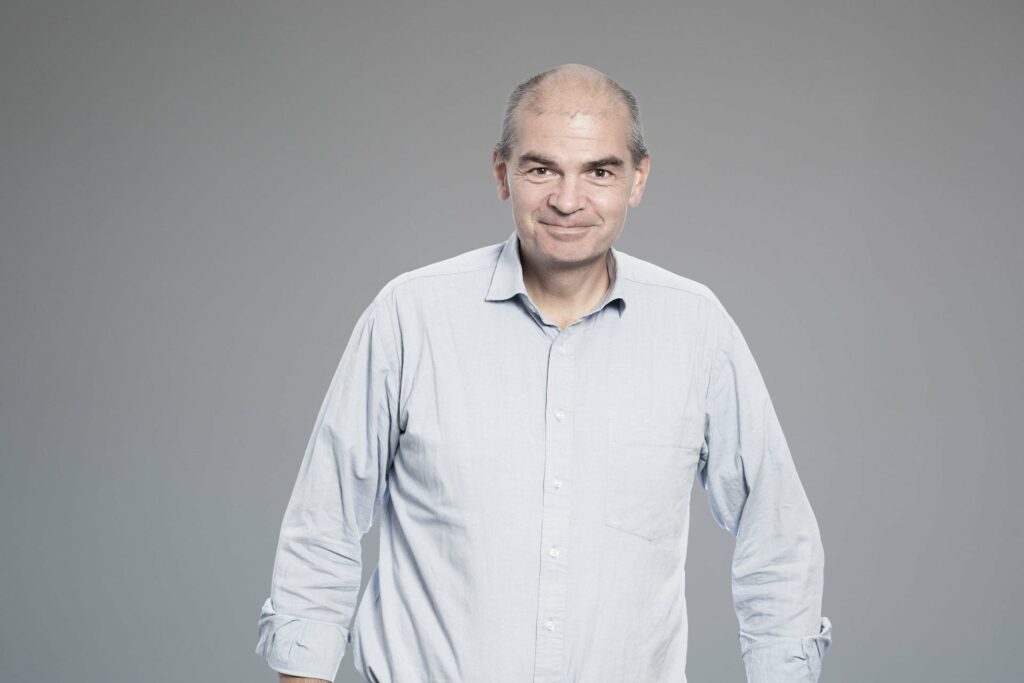As a journalist, you know that it is almost impossible to get sources to come forward in the way Amira Smajic does in the documentary “The Black Swan” on TV2.
Despite ethical dilemmas, the series unfolds dark Denmark and criminals’ considerable ability to circumvent the law.
Respected lawyers and business people busted with Danish gangs in undercover documentary
Contrary to our belief that Denmark is an open, trusting, and non-corrupt country.
To the best of my knowledge, that picture is largely close to the truth. But no close enough.
Uncovering another Denmark
“The Black Swan” reveals there is another Denmark. Where entrepreneurs, lawyers and business people deliberately cheat the tax authorities, collaborate with criminal gangs and without a breath score millions at the state’s expense.
Reports of contaminated land are falsified; invoices are fabricated for services that are fictitious and money is laundered on a grand scale.
There is outright speculation against the Danish tax authorities. Those implicated lie and defraud the common treasury.
That is why the journalism in “The Black Swan” is community-strengthening.
In the interest of the public
Yes, it is life-threatening for the main source and lawyer Amira Smajic to come forward. Yes, recording people with a hidden camera is not unproblematic.
But honestly: Would the public have access to that information without these controversial means?
I don’t think so. We need to prosecute and set an example against such cynical and organized crime that is uncovered.
Losing their position
Some examples of the consequences the documentary has had so far for the lawyers and business professionals who take part in the documentary:
* The now former Horten lawyer Nicolai Dyhr was fired before the documentary came out. The Bar Council has also initiated a supervisory investigation of him.
* The Danish Bar Council has initiated a supervisory investigation of lawyer Lise Roulund. The council subsequently reported her to the police for possible complicity in money laundering and passing on confidential information in a criminal case, as well as abuse of position.
* Businessman and former city council member in Køge Carl Richard Christensen has resigned from all his board positions.
* Property developer Martin Odgaard has been suspended from the construction company 1927 Estate, where he was a partner. He has been reported to the police by the company.
* The consulting engineering company Cowi has suspended two employees.
* Birger Arp-Hansen, co-owner of the hotel group Arp-Hansen Hotel Group, has resigned from the board of the hotel group.
* Businessman Martin Malm, who explains in the documentary how he set up an invoice factory, has been sentenced to bankruptcy quarantine. Martin Malm has also been reported to the police.
Something rotten in Denmark
We’ll see if more heads roll.
Danish politicians have rightly expressed contempt and disgust for what unfolds in the documentary.
I feel the same way. It’s “Denmark Uncovered” – and it’s not nice.
Oh, did I mention that several of the gang members have been awarded early retirement?
This means that they receive a fixed public benefit from the state and no longer have to work. In return those gangmen drain the coffers of funds and continue a criminal career.
There is something rotten in the state of Denmark.


